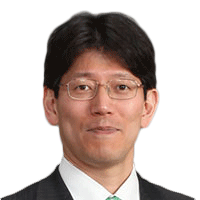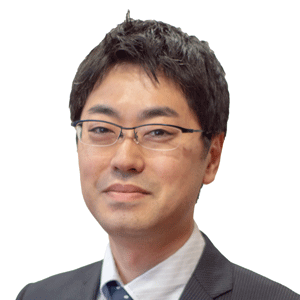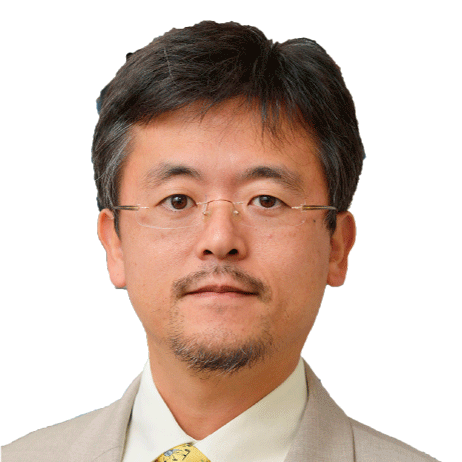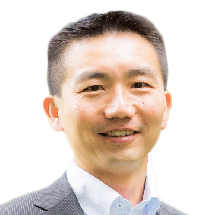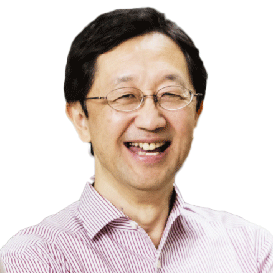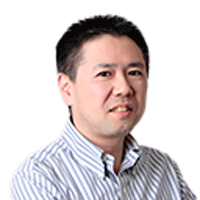
Systems and Electronics
Designing intelligence and sensitivity with integrated systems
Integrated systems with the intelligence to see, hear, and think like humans. Such advanced technology is the research area of this field. We aim to realize completely new electronics through the fusion of hardware and software.
What is Systems Electronics?
Systems Electronics conducts research on electronic systems that support our super-information society by making full use of information technology such as circuits, architecture, and software, based on an understanding of the physical world of properties, devices, and electromagnetism.
The information processing capacity of smartphones, which store and process vast amounts of information in the palm of your hand, is comparable to that of supercomputers of a century ago. The ability to comfortably download large amounts of video data is nothing less than the result of explosive advances in wireless and wired communication technology. The results of systems electronics have penetrated into every corner of society, from information appliances to automobiles, robots, and satellites, and are enriching our lives.
With the expansion of IoT (Internet of Things) technology, various sensor technologies have already been widely applied, and various recognition technologies have been developed by combining them with artificial intelligence (AI), but they are still far from human capabilities. For applications that require high performance and high reliability, such as diagnostic assistance in the medical field and automatic driving, we are developing dedicated hardware technology for neural networks and quantum computing, further advances in sensor and communication technology, hardware security technology to ensure the reliability of information, and appropriate computing technology for AI applications. It is essential to improve performance by an order of magnitude through technological innovation, including dedicated hardware technology for neural networks and quantum computing, further advances in sensor and communication technology, hardware security technology to ensure the reliability of information, and adaptive computing technology for AI applications, as well as further improvements in the efficiency of energy systems. We are also contributing to the promotion of AI hardware development in venture companies through our activities at the AI Chip Design Center.
In the coming AI era, a single technology will not be a solution. There is a need for researchers who understand applications and social implementation, and who can integrate different fields from LSI hardware, control software, systems, and machine learning to applications.
